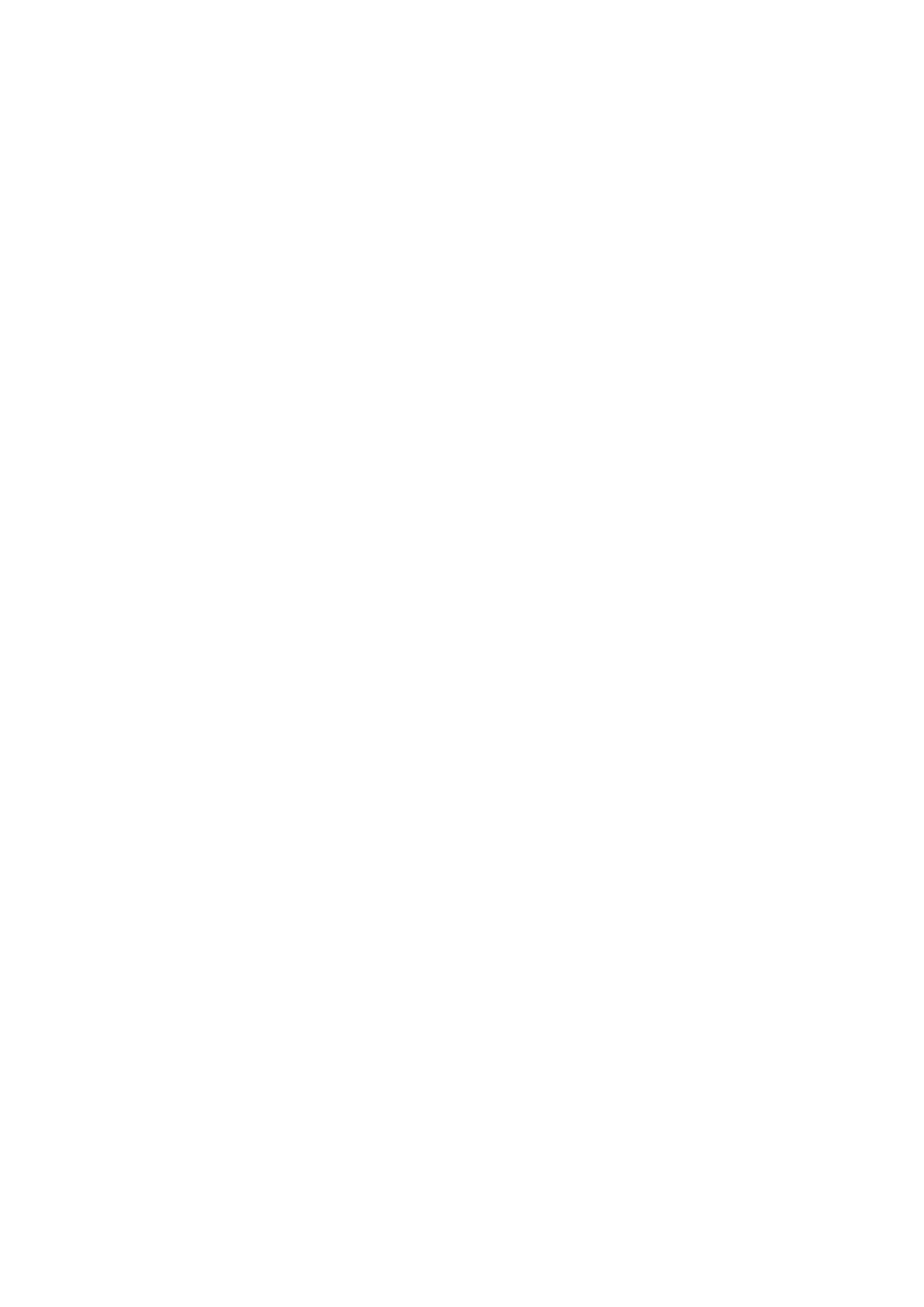
1.1 | UK
Iraq strategy 1990 to 2000
•
UNSCOM’s
view was that, “were it to have full access to all relevant sites
and
persons in
Iraq”, it was “highly likely that proscribed items would be
discovered”;
and that
“Iraq’s actions to impede or block the Commission’s
concealment
investigations”
tended to “affirm this view”.
•
Iraq had
“increasingly failed to apply or behave in conformity with the
modalities
[agreed on
22 June]” and, “in more recent times”, had “sought both to
exclude
them
altogether with respect to certain sites and to define new
categories of often
very large
sites from which the Commission inspectors would be
forbidden”.
336.
The report
concluded that UNSCOM was “convinced” that:
•
The
Security Council should “insist that Iraq meet its obligation to
disclose fully
all of its
prohibited weapons and associated programmes”. This was a
“crucial
requirement”
for which there was “no substitute”.
•
It was
“essential” for the Council to “reaffirm and demand Iraq’s
complete
co‑operation”
with UNSCOM’s exercise of “its rights to full access to
sites
and persons”.
337.
In a letter on
12 October, Mr Aziz set out Iraq’s concerns about UNSCOM
activities
and the
influence of the US and UK on UNSCOM’s approach,
including:
•
The US “in
particular, together with Britain, were doing their utmost … to
topple
the
national Government of Iraq and to eliminate its national
leadership”. That
“seriously
affected the composition” of UNSCOM, with the US “leading
the
hostile
work against Iraq”. An activity which was “supposed to be
international
and
neutral” was “unbalanced”.
•
The US
monopolised the intelligence means. Iraq wanted aerial
surveillance
using a
plane from a neutral state.
•
The
justification for intrusive inspections was based on allegations of
deliberate
concealment
and inaccurate information which were themselves inaccurate
and
being
deliberately used by UNSCOM to procrastinate and to prolong the
inspections
process.
For example, the delay in analysing missile fragments had been
caused
by UNSCOM’s
original insistence that the analysis should be conducted in the
US.
•
The reports
submitted to the Council were “tendentious”, using a method
that
was
“intended to confuse the past with what has been newly achieved, in
a
manner that
makes it difficult for the reader to differentiate between the
positive
and
negative aspects”; and that many of the reports were “inaccurate”.
The
Security
Council and international community “were being deliberately
misled
with a view
to fostering baseless suspicions about Iraq’s
capabilities”.
•
Iraq had
not been asked in 1992 to preserve the remnants of the
special
warheads it
had destroyed, and the subject had been “considered as closed”
in
UNSCOM’s
report in June 1995. In the absence of any missiles or means
for
their
delivery, the warheads had no operational value. The renewed focus
on
special
warheads was deliberately aimed at delay.
83
